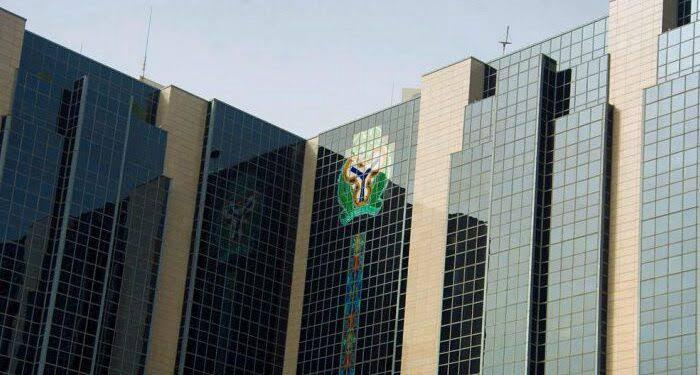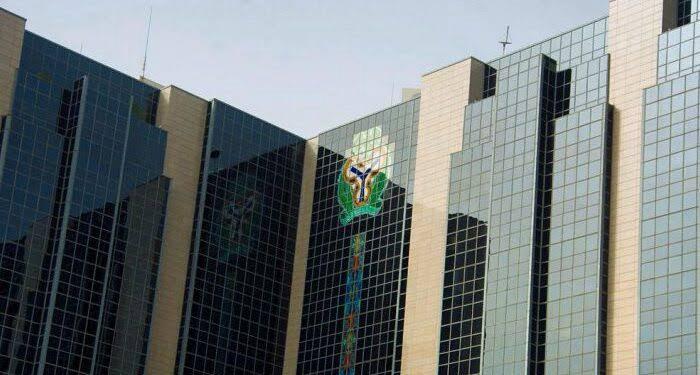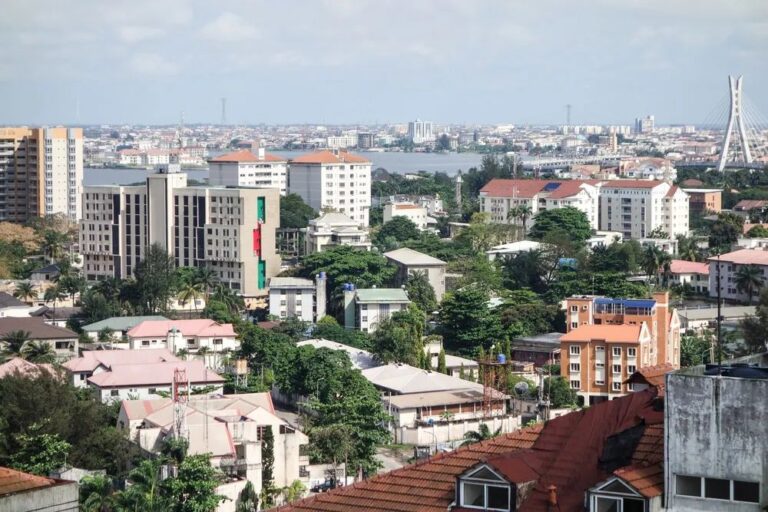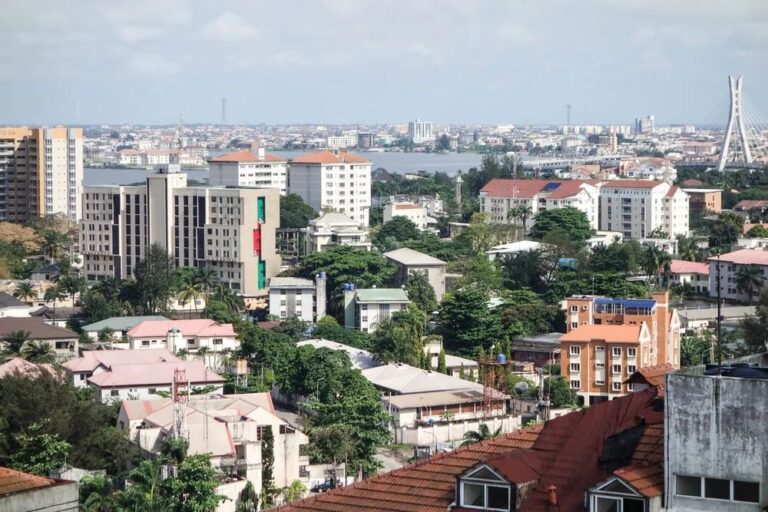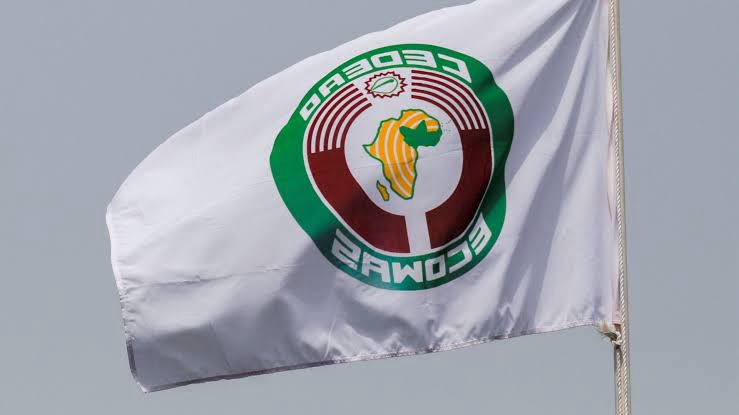By: ThinkBusiness Africa
Nigeria’s foreign exchange (FX) reserves have reached its highest level in seven years, grossing $46.7 billion in November. This significant milestone, last seen in early 2018, was driven by huge investor confidence and increased oil earnings. The Central bank of Nigeria (CBN) said on Tuesday.
Speaking at the 20th anniversary of monetary policy department CBN Governor, Olayemi Cardoso, represented by the Deputy Governor in charge of Economic Policy Dr Muhammad Abdullahi, revealed the latest figures provides 10.3 months of import cover.
The last time the reserves touched this level was in late March 2018, when they were reported at $46.699 billion; the reserves were $43.4 billion in October and $41 billion in August.
“Foreign reserves have risen to $46.7 billion supported by sustained inflows and renewed investor participation across various asset classes,” he said.
The primary catalyst for this rapid surge is the successful recent issuance of a Eurobond. In early November 2025, Nigeria returned to the international capital market, raising $2.35 billion through a long-term Eurobond offer.

The successful offering—which included long 10-year and 20-year notes— were oversubscribed by over 400% demonstrating renewed investor confidence in the West African country’s economic reform agenda. The immediate inflow of this capital directly into the external reserves accounts for the bulk of the recent growth.
Also, sustained positive performance in the global oil market, coupled with efforts to curb oil theft, has led to marginally improved foreign currency earnings.
Nigeria’s Bonny light crude oil has been trading at $78 per barrel in recent times after suffering a $64/barrel price dip in the second quarter.
Meanwhile, improved CBN policies aimed at channeling remittances through official avenues are yielding results, providing steady, albeit smaller, inflows.
According to the CBN governor, the recent removal of FX market restrictions and the commitment to a unified exchange rate system have signaled a shift towards market-driven policies, attracting cautious optimism from foreign portfolio investors.

A high level of external reserves is the CBN’s primary tool for defending the Naira and ensuring market liquidity. With $46.7 billion, the CBN is better equipped to intervene in the Investors’ and Exporters’ (I&E) window to smooth out volatility and meet legitimate foreign currency demand. This increased capacity is crucial for stabilizing the domestic exchange rate following the recent liberalization.
International benchmarks typically recommend enough reserves to cover at least six months of imports. This current level significantly enhances Nigeria’s import cover ratio, providing a crucial buffer against external economic shocks, such as a drop in oil prices or global financial tightening.
Last Friday, S&P global rating agency revised Nigeria’s sovereign credit outlook from ‘stable’ to ‘positive’ citing a sustained economic reform agenda being implemented.
The Nigerian authorities confirmed, the proceeds from the Eurobond will be used to partly finance the 2025 fiscal deficit, reducing reliance on expensive domestic borrowing and freeing up capital for critical infrastructure projects. #####
Nigeria FX reserve hits $43.4 Billion, signalling strong investor confidence

Nigeria’s foreign exchange (FX) reserves have surged to $43.4 billion in October from $41 billion in August, the highest level in five years, signaling a significant improvement in the nation’s economic fundamentals and a major vote of confidence from the international investor community. The latest fx reserve is enough to cover 11 months of imports, the finance ministry said in a statement on Thursday.
According to a statement from the ministry of finance, the milestone was announced by the Central Bank Governor, Mr. Olayemi Cardoso, who led the Nigerian delegation to the 2025 World Bank Group (WBG) and International Monetary Fund (IMF) Annual Meetings in Washington D.C., at a high-profile Nigeria Investors Forum held on the sidelines of the event.
Mr. Cardoso, alongside the Honourable Minister of State for Finance, Dr. Doris Uzoka-Anite, assured investors of the government’s unwavering commitment to advancing reforms aimed at unlocking sustainable investment opportunities and growth. He emphasized the tight collaboration between the Central Bank and the Ministry of Finance to ensure “alignment, stability, and clarity” for potential investors.
The CBN Governor expressed strong optimism about Nigeria’s economic prospects, stressing that the government is focused on strengthening the economy and fostering sustainable growth.
Further highlighting the success of the reforms in attracting capital, the CBN Deputy Governor, Mohammed Abdullahi, elaborated on the significant improvements in foreign exchange (FX) inflows. He noted that the monthly turnover in the forex market has risen by a remarkable 56.4% to $8.6 billion in 2025.

“Over the last two years, we’ve really focused a lot on improving FX flows into the economy, and we’ve seen a significant jump. Average net flows between January 2023 and July have doubled,” Abdullahi stated.
The government’s ambitious economic vision was outlined by Sanyade Okoli, the Special Adviser to the President on Finance and the Economy. She reiterated the Federal Government’s commitment to achieving a 7% economic growth rate by the 2027-2028 fiscal year through strategic diversification and massive infrastructure investment.
For the near term, Okoli stated that the government is forecasting 4% growth in 2025, which is projected to rise to approximately 5% next year, following a recent upward revision of Nigeria’s forecast by the IMF from 3.5% in July to 3.9% in its October latest report.
The Special Adviser underscored the declining reliance on hydrocarbons, noting that Nigeria’s dependence on oil for total exports has reduced to about 57.5% in the first half of this year compared to the previous year. Furthermore, oil now accounts for only about 4% of GDP, a drop from 8% in 2021, illustrating the progress in economic diversification.



